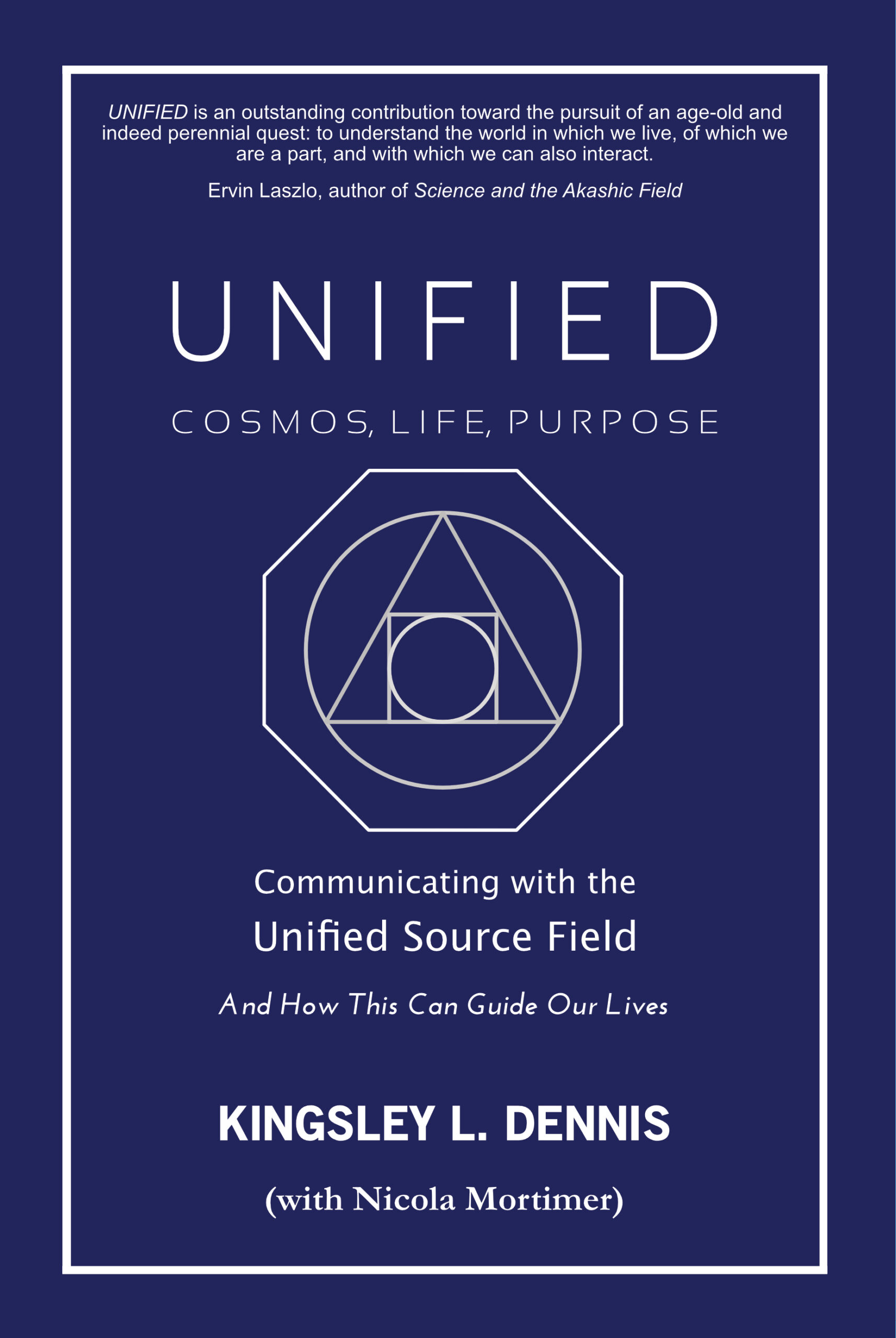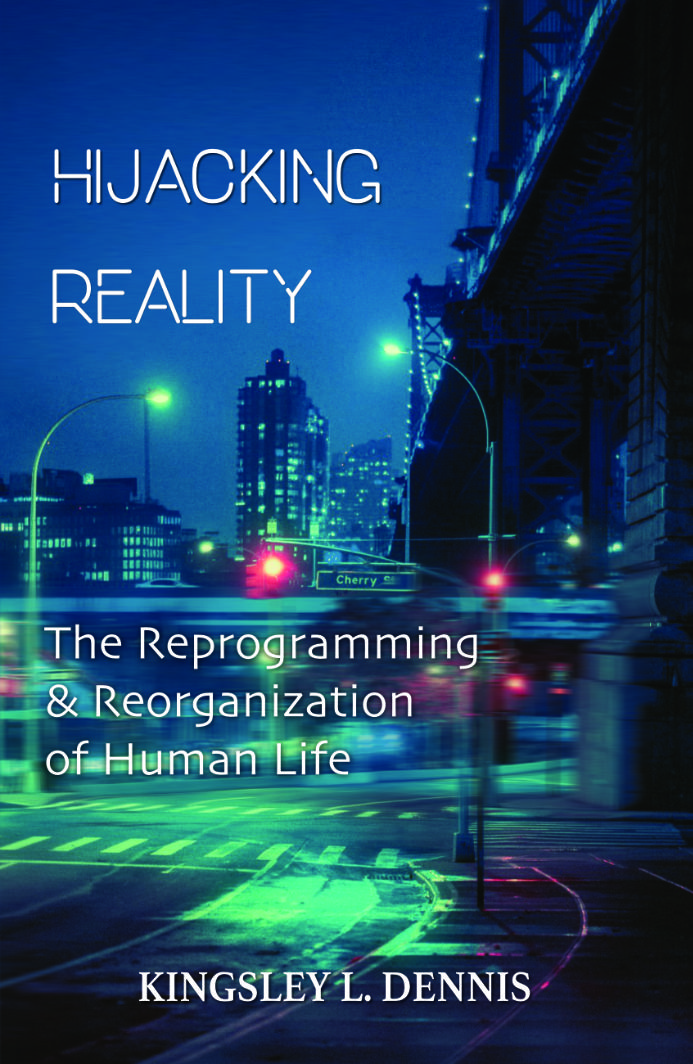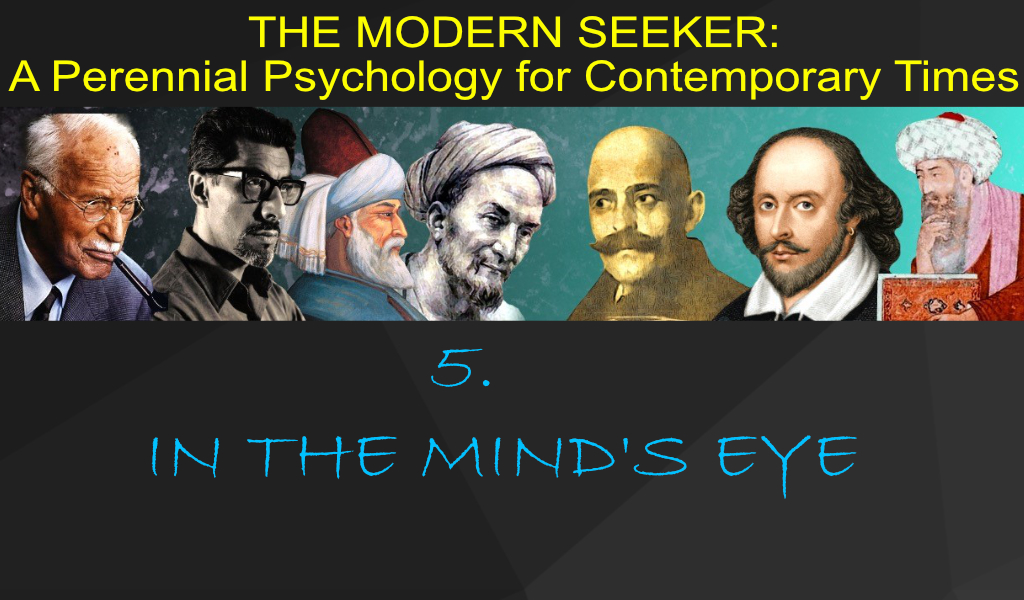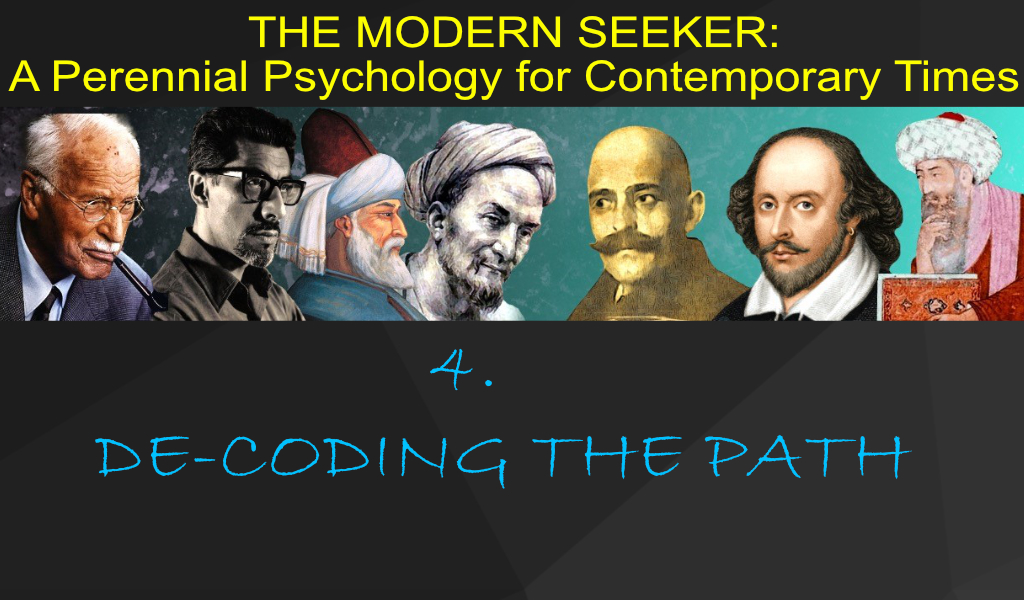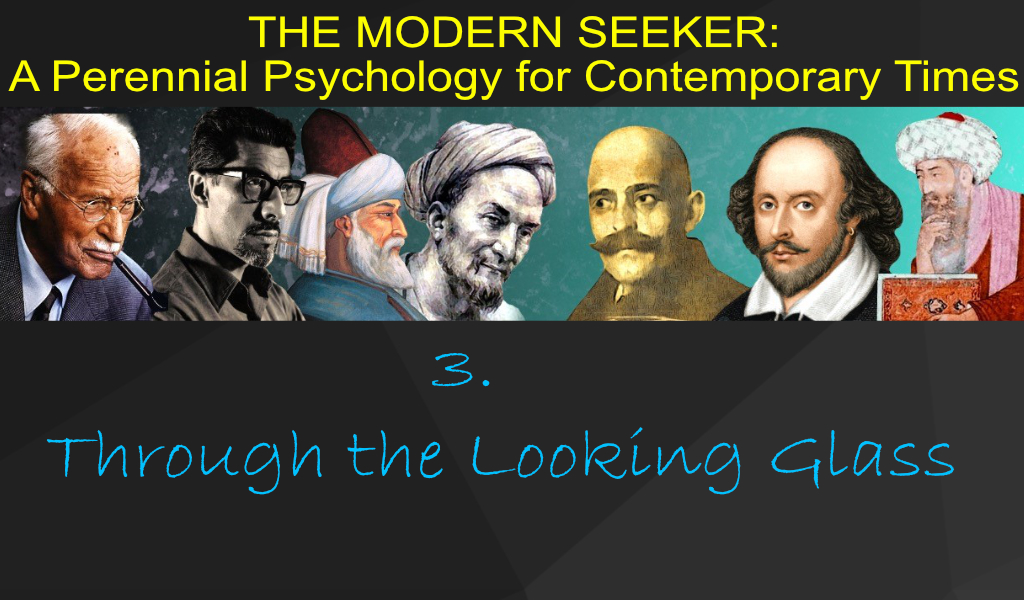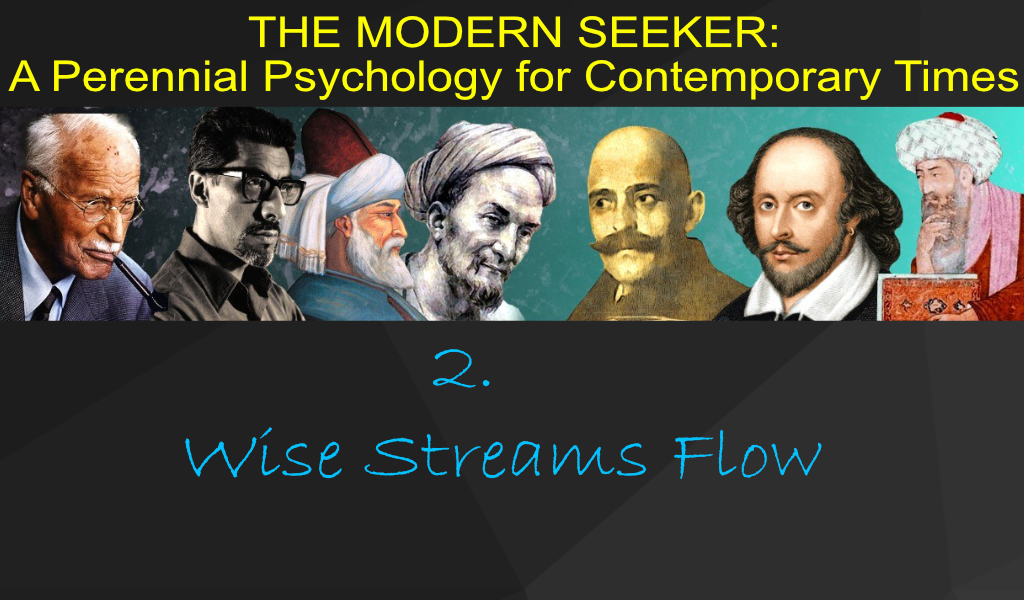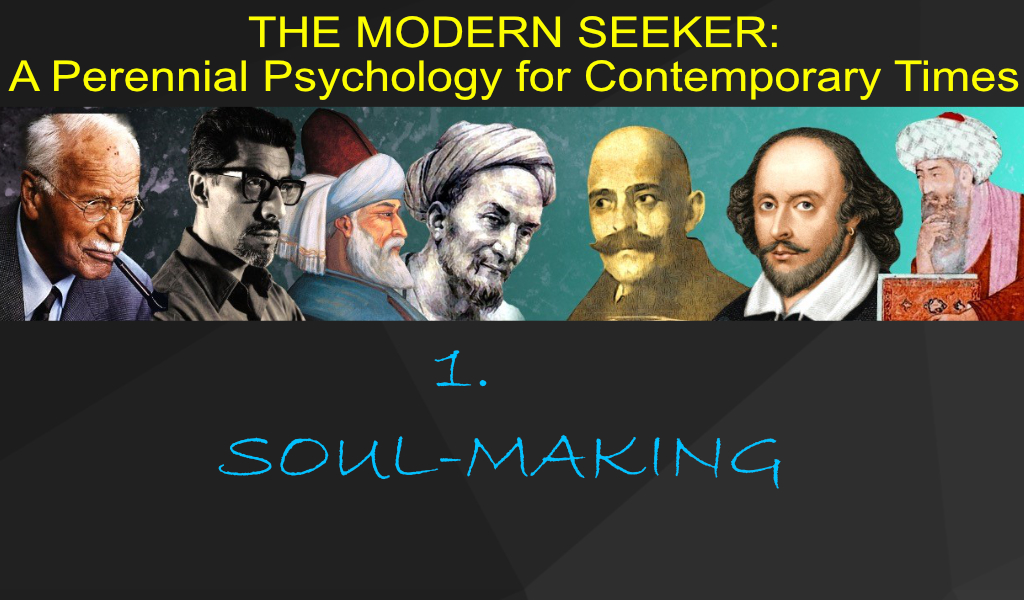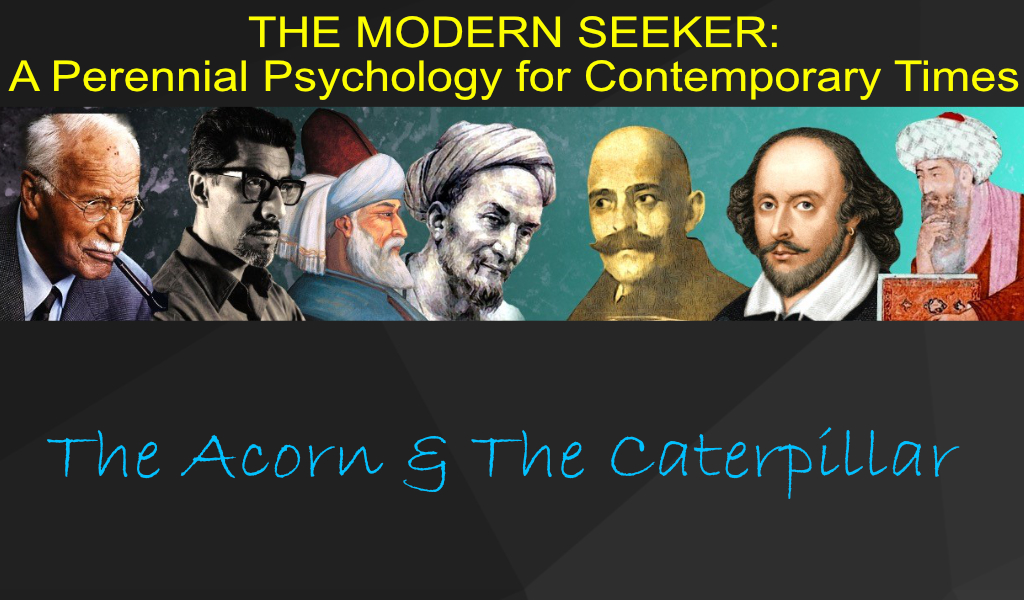The only solution now is to move constantly or flee definitively.
Paul Virilio, The Administration of Fear
Life for many of us has entered a period of uninterrupted time which gives us the sense of speed and acceleration. Events are already moving so fast that it’s hard to keep up with the news on the latest innovations, technological research, discoveries, and the rest. Too many things are happening all over the place at such a rapid pace. No one person has all the information or is able to connect all the dots together in order to see where all this is going. It’s just too much, and it’s scattered all over the globe. It ‘should’ all come together at some point; yet until we reach that moment we are swimming in unprecedented change and movement. Time is literally being reorganized, and instead of opposing longer working hours people are now embroiled in an all time-consuming availability. Accelerated time is also about how many more hours we have made ourselves available. We don’t leave the office behind at six o’clock when we go home. In an accelerated world we seldom have the luxury of leaving things behind. More and more it is about living in the elongated ever-present. We can imagine this as living in a domed global sensate city called the ‘Global Sensorium.’
The global sensorium is obsessed with the instant. The instant is both the future and the now; or rather, both are merged into one instant. We are living the future by being present. Perhaps that is why many people cannot find anything to look forward to because there appears to be no forward beyond the present instant. Human civilization has entered a period of intensified life that many of us experience as being high-velocity, highly connected, and information dense. We are now living in a kinetic reality that is increasing its spin of velocity. We are measuring in milliseconds rather than seconds.
If space-faring travelers were to visit our modern lives they would probably conclude that we were in a primitive technological stage of worshipping instantaneism. We are wanting to live in the omnipresent as if we can now become the all-seeing, all-knowing participants of a new world happening in ‘real-time.’
Welcome to the Now of ‘Real-Time’
Modern life has pushed us to the point where we are obsessed by real-time, on-time, and the everything-now. And this is especially the case for life in urban-dense environments. Delay must always be avoided (eradicated!) as if it were a dangerous virus. In fact, we can buy insurance to compensate us if we are subjected to the experience of unnecessary delay. Waiting for the slow webpage to download threatens our well-being. The previous state of ‘real time’ that our parents experienced now delivers to us a sense of inertia. This real time of our parents is equated with the euphemistic term of ‘quality time’ which means being with the family, spending time in the garden, or strolling aimlessly through shopping malls. It used to signify that a time or an event was real, such as a music concert or a sport event. We would make travel arrangements to arrive at the event venue; we would wait in queue to enter; find our seats; and then count down the minutes in anticipation for the event to begin. This was real time and it involved the unfolding of time in a very real sense.
Real time as we once knew it now takes on a different meaning and represents the slow time that exists as two separate words. Whereas the ‘real-time’ of today is so instant it requires to be written as a hyphenated word in order to distinguish it from the ‘real’ real time of yesteryear. Real-time is linguistically entwined and cannot be a space apart – it is happening too fast to be written as two separate words. Real-time now means having the event streamed into our lives – into our device or our living room – at the exact moment it is happening without us having to be there. We are synchronized with it by being simultaneously afar. This is the real of real-time now: the immediate download, the simultaneous streaming that needs no waiting. We can access it whilst on the move, on public transport or annoyingly in a restaurant with friends.
Real-time is not equitable – it favors the favored. High speed and high velocity are almost always rolled out to the privileged first. And the favored are those deemed worthy to have the right of access. Real-time, if you want it now, is an access economy. If you pay for it, then you get it streamed to your account.
But if you stream without paying then we’ll get you like we got Kim Dotcom.
Time as we once knew it as a measurement is becoming obsolete. Our quantum sciences tell us that we are all simultaneously connected at a fundamental field level; that is, we are always ‘there’ as well as ‘here.’ Our spinning atoms may be both inseparable and light years apart at the same time. In our reality we are thus both connected and separated at the same moment. We are secretly connected and yet we rarely truly communicate. Where is the sense of ‘time’ in this?
Many of our children are being encouraged to train in techniques of accelerated speed reading – to read faster and comprehend more – to save hours of time. Publishers of books for children are now selling box-sets of ‘Accelerated Readers’ for young schoolchildren. An online promotion on Amazon claims that ‘Thousands of schools across the UK use the Accelerated Readers program to boost Children’s Literacy levels and love Reading.’ Books are available with such titles as Accelerated Learning Techniques for Students: Learn More in Less Time, and Accelerated Learning in Accelerated Times. And, fortunately for the eager reader, they are ‘available for immediate download’ so you don’t even have to wait for the next-day delivery. Waiting is now almost considered as something negative; as if waiting is a barrier to achieving what we want rather than preparing us for something we can gain from. And then there’s the speed of information.
Information without meaning is, after all, only a jumble of letters or digits. Information is rapidly accumulating yet it’s still not clear whether it is adding to meaning or not. Supercomputers are now operating in petaflops, which is way, way faster than flip-flops. When the 47th edition of the TOP500 list of the world’s top supercomputers was released, the world’s number one ranked supercomputer was China’s ‘Sunway TaihuLight’ with ninety-three petaflops per second. But wait a minute (a whole minute?!) – what’s a petaflop? Well, a petaflop is equal to one thousand million million (1015) operations per second. That is, a thousand trillion operations per second. In other words, it is equal to quadrillion calculations per second. So that means that our supercomputer here can perform a record-busting ninety-three quadrillion calculations per second. Hold on – what does that mean? No really, what does it mean when the human mind is incapable of comprehending such speeds. It makes no human or humane sense.
There is so much going on now that it is as if we have entered an echo chamber full of bouncing data, information, voices, and thoughts; and we cannot tell where they are all coming from. All we can manage to get hold of are the traces these speeding data sounds leave behind. Or perhaps we have become the traces – each one of us, speaking into our devices and leaving a part of ourselves in our social media posts. We are like a multitude of fractal data-bites for archiving in some cloud (and that’s not a real cloud, by the way).
Fractal Places
French philosopher Paul Virilio believes that we have now entered the acceleration of reality. He says that in the current era we have reached the limits of instantaneity, the limits of human thought and time. Also, that this era of accelerated reality has led now not to the end of history, as some have wanted us to believe, but to the end of geography.[i] Virilio says we have polluted our measurement and sense of distance and place, and within this there is a loss of body; a loss of the corporeal. Time, place, and space have become fractalized. That is, our historical sense of continuum, of physical expanse, is being eroded and broken-up into fractals. We need to stop this fractalization of reality, says Virilio – but how? Places are now becoming less important than the connections that serve them. It is the interconnecting flows that create the status, the significance, rather than the static physical location. Hubs are only as important as the places to which they connect to and the flows which they facilitate. In this case some of the busiest airports in the world are those that offer the best connections rather than final destinations.
According to current statistics, the third busiest international airport is in Dubai. Yet Dubai has very little final traffic, apart from business people and the few excitable shopping tourists. And the busiest international airport in the world is in the United States. This may not surprise anybody; yet it isn’t JFK (New York), or O’Hare (Chicago), or Los Angeles; it is Hartsfield-Jackson Airport. That’s right; Hartsfield-Jackson International Airport has been the world’s busiest airport consecutively since the year 2000, with currently around 105 million annual passengers. And where is this airport? It is in Atlanta, Georgia. Exactly, it is in Georgia. Are roughly 105 million people visiting Georgia annually? I doubt it. Yet Georgia is a hub airport – it deals in connections, with transit flows. It is not a place but a place-connector. In the high-velocity world of the global sensorium it is not the place that is the attractor; it is the flows, the endless possibility for continued movement. Likewise, it is no longer the light that attracts the human eye (or the moth), but the lightning – the blitzkrieg.
We’re now in Blitzkrieg
War is the sad and unfortunate example of this blitzkrieg (lightning war) strategy. It is an accelerated hit hard and fast tactic, so they don’t see it coming. This military policy has now transferred into so many other areas of our modern lives; from economics, education, entertainment, security/policing (drones), video gaming, communications, and inevitably social relations. Time is now a culprit in our global sensorium: we are living under the dome of high-velocity everything.
This strategy has especially infiltrated into global trading and taken it beyond human grasp. Blitzkrieg high-frequency ‘flash trading’ is now rampant within the world’s global stock exchanges as turbo-capitalism takes our finances into orbit. This military terminology is apt as the technologies now used in the financial markets are as powerful as those used in military defense. It is no surprise either that the military and the financial sector are now the biggest funders of research into artificial intelligence. Together these sectors seek to exploit the ever-faster realms where no human mind can reach. It was in the early 1980s when global stock exchanges were first connected in what was real-time back then; this connection was called ‘Program Trading.’ Ever since then the global financial markets have operated at ever faster speeds, and in increasingly unmanageable ways when viewed from a human perspective. And then algorithmic trading was introduced, leading to high-frequency ‘flash’ trading practices on computers that are as sophisticated as those used at the highest defense levels. Next to come on the scene is AI financial trading.
The majority of financial trading has no time context that either you or I would be familiar with. It is too quick to be humanly shared, and thus exists beyond the capacity for human cognition – it is beyond our senses and operates in a hyperreal realm. It is no longer in the hands of operators; competition is no longer negotiated, it is flash traded before we can blink. Yet all is not smooth as the markets also contain their own fears (and their trader’s fears) in what they have dubbed ‘the fear index’ – the Market Volatility Index (MVI). It appears that instantaneity, high-frequency flash trading and algorithmic trading in the markets induces its own fears – no need to invent more. Stock markets worldwide can plummet in seconds causing widespread panic. Everyone trembles at the possibility of impending loss, not knowing from where it will come next. The only thing we can be sure of is that it will come again. Will it be from one of the over-ambitious ‘flash boys’? Or from a Ponzi scheme revelation? Perhaps it will come from the slip of a human finger or the acerbated act of an algorithm?
In short, algorithmic economies are beyond our comprehension. Time is too slow for artificial algorithmic ‘intelligence,’ which is now conducting its very own insider trading. Previously, insider trading and financial scams were conducted in chronological time – in hours and days – by human perpetrators who could be named and shamed in media trials. Now the economy has been taken ‘out of time’ – beyond chronology – and into a blur. Yet algorithms cannot be taken to court and jailed, so everything’s alright – right?
Economies, and hence debt, now run into the trillions, and yet these numbers have no possible physical reality to them. They are illusionary digits that by fiat (consensual decree) bind and control our global affairs, as well as making and breaking (i.e., devastatingly ruining) individuals, groups, corporations, and nations. Yet it seems there is no getting away from this incumbent system as all markets are now interconnected. Like airports, it is their interconnections that matter more than their location. To be ‘in’ the market you need to be ‘of’ the market, which means being one of their connections, and going with the flows of their rules and regulations. Otherwise your connection is cut – economic death.
Likewise, in order not to face being cut out of the connections, modern life is increasing its always-on connections and flows. And it seems that things are becoming somewhat congested.
Are we at Saturation Point?
Modern western culture is taking itself to a saturation point, and with accelerating velocity. It is possible that this high-velocity is required in order to trigger a necessary tipping point that will initiate the next phase. Similar to how an airplane needs to achieve a certain degree of high-velocity acceleration on the runway in order to initiate take off. Of course, the question that then needs to be asked is – what will come after saturation?
There is already a high degree of psychic stress bubbling up within modern life; much of this coming from the velocity of dis/mis-information arriving at full throttle. Connectivity is cool, no doubt about that, but now the global world has arrived on our doorstep bringing new risks, new obligations, and unprecedented circumstances. Naturally, people are feeling overwhelmed.
In a world of constant updates we are always behind on catching-up. Life is being lived more and more through our inboxes, our social media messages, our online profiles, listings, and through our own obsessive personal updates. We are racing against ourselves within a high-velocity, hyperreal environment to be always catching-up. The result is that a new form of wealth has been created. Whereas wealth has traditionally been defined through financial acquisition and consumption, the ‘new wealth’ is now measured in freedom from or the power over time, availability, connection, and movement. A measure of our wealth is also the power we possess over our own mental time. Welcome to the global sensorium – a whole sensory apparatus, brimming full of emotional stimuli, connections and flows, time-constriction and, for some, senses overload. As Virilio declares – ‘I prefer the revelation to the revolution.’3
Velocity Revelation
Time has revealed itself to be simultaneously running away and running the show. We have our clocks, our watches, and an increasing array of digital devices that manage time automatically. We no longer have to think about switching between the seasonal differences to save daylight as our devices do this for us. When we chat online with friends or colleagues across the world we often forget (or prefer not to remember) that their time zone is different. It doesn’t matter that they are in their pajamas as the only time to talk is now, in real-time. And if this means one unlucky person (probably in the minority time-zone) getting out of bed then so be it. Time no longer gives us a fixed location with an excuse. Time is that flux-zone that makes us available as it rushes away from us. We only get the briefest of opportunities to say whether we are available or not – and even this choice is sometimes taken away from us by the automated decisions of our devices. And through this we are being delocalized. Yet this delocalization occurs in many ways. It may be through a loss of fixed available time; a loss of fixed work space; or being in the position where we are unable to say ‘no’ to inconvenient requests. In fact, inconvenience is no longer a possibility. Sedentary life is being gnawed away at until it becomes a mausoleum.
New modes of imagination and innovation, as well as a whole new range of impacts, are affecting our senses. As a species we are trying to adapt – to re-wire our senses – yet we are faced with a velocity of change that can feel overwhelming and gives us the impression that we cannot keep up or re-wire in time. This high velocity is affecting, and changing, how we think about and experience cause and effect. Our understanding of linearity is becoming fuzzed in the turbulence of accelerating events. Maybe it’s time to W8 up B4 its 2lte, as the modern parlance now goes.
Sound bites are ideally suited to the size of the devices which transmit them. Images are quickly consumed and then forwarded, shared through Whatsapp, Messenger, Instagram, Snapchat, and the rest, and so on, ad infinitum etc – you get the picture. It’s an incredibly fast movement of the image. They speed around the world as if inside a social Hadron Collider. Our data – bits of binary code – are traveling almost at the speed of light and smashing into each other as if replicating their own version of the Big Bang. And everything is sealed into this high-velocity perspective of reality. The global sensorium is all-inclusive and all-consuming.
Seeking Inertia
In the face of rapid acceleration and high velocity there is a compelling need to find a state of inertia that is a state not of apathy but conscious inactivity. Conscious inertia is a counteraction against excessive acceleration and the exhaustion of velocity. It is learning how to create still moments amidst the rush of our modern high-frequency lives. Time really is one of our rarest commodities, and as such it must be saved from a social execution. It may be necessary for us to try to develop these ‘still moments’ as a way to step back from our high-velocity lives.
As the global sensorium expands it will become ever-more necessary to detach from situations that are distracting, noisy, or confusing. In a high-velocity world it is necessary that we make sure our energies are not sucked away from us. It is about making choices not to allow the external impacts to affect us, or to enter into our private inner space. Sometimes the global sensorium needs to be kept at bay.
It’s not about leaving the world behind either: we still need to be relatively alert in case some online stranger from the African continent wishes to use our bank account to transfer huge amounts of money to their dying mother. It is about being attentive to the fast-moving world of information, discussion, emotions, and the rest. It is not only about creating a physical withdrawal but also, perhaps more significantly, creating a mental and emotional private space of inertia. Or, to use modern terminology, it is about unplugging from the global sensorium.
Life in the global sensorium is about exercising patience and restraint under the right conditions if we want to find balance in such a high-stimulus environment. The alternative may be that we unconsciously get sucked into a high-frequency 24/7 info-entertainment Disneyfied world more akin to The Matrix on acid. Maybe we need to take time out from the tablet, the posting of photos on social media, or scrolling through the endless messages on Facebook that are increasingly interspersed with customized advertising. Life in the global sensorium is as much about knowing when to let go of things that cling to us.
Sometimes, as the popular phrase goes, we are our own worst enemies. Being connected allows us access to a whole gamut of information, news, false news, gossip, celebrity culture, and virtually the whole world stage. There seems to be no greater time than the present to be in control of our senses at a time of senses overload.
Taken from his latest book Bardo Times – hyperreality, high-velocity, simulation, automation, mutation – a hoax?
Endnotes
1 Cited in Virilio, Paul. 2012. The Great Accelerator. Cambridge: Polity Press, 80
2 Urry, John. 2014. Offshoring. Cambridge: Polity Press, 64.
3 Virilio, Paul. 2012. The Administration of Fear. Los Angeles, CA: Semiotext(e), 71.
[i] A reference here to Francis Fukuyama’s treatise The End of History




